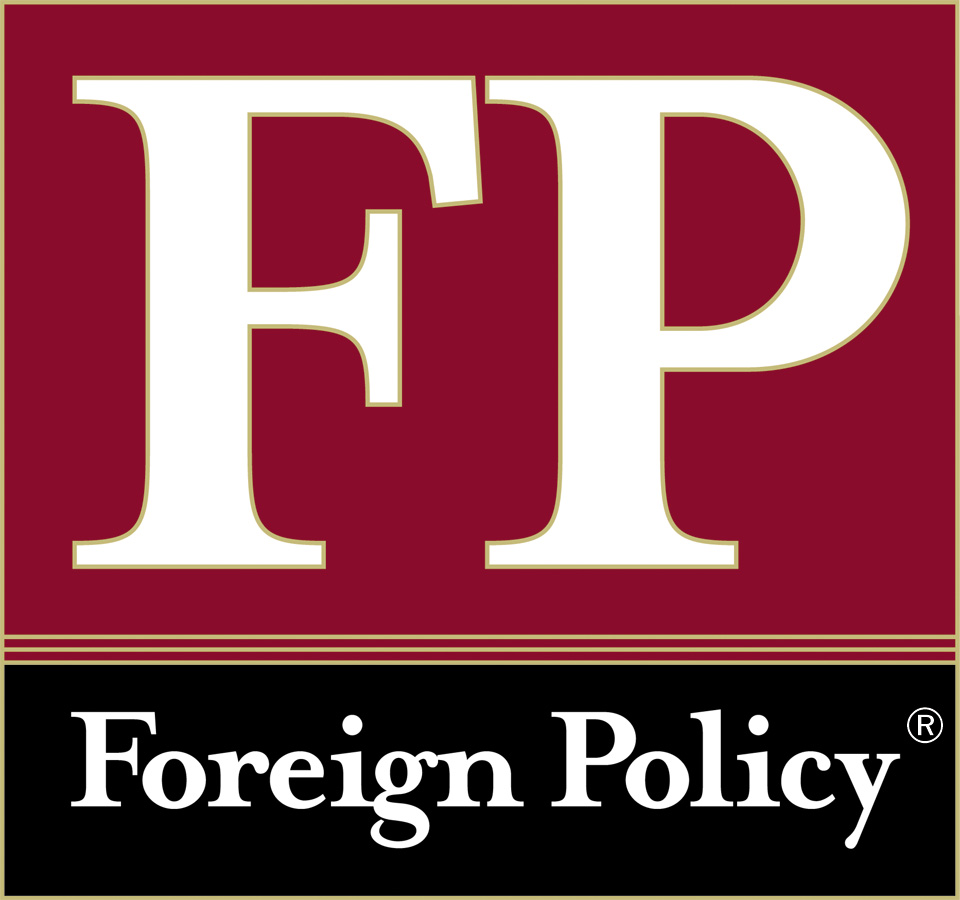As we are quite choosy in the selection of our friends and nurture friendship with extreme care and caution, the same is the case with the relationship of a country with its foreign counterparts.
Its depth must be on country-to-country basis and the guiding factor has to be working relationship with all, but close intimacy only with the trusted allies. Unfortunately for us, we have failed to follow this policy in the past and hence most of the frustration and disappointment from time to time.
Before independence in August 1947, India had, virtually, no foreign policy. It was guided by the self-serving interest of our white masters and the country had to dance to the tune of the British Raj. But soon after her freedom, Pt. Jawaharlal Nehru, the first P.M. of free India, founded in clear terms the foreign policy of India.
ADVERTISEMENTS:
The same policy is being followed until now, and there is no possibility of any drastic change to be initiated in it in the near future. However, my frank view is that it too should have undergone a total change with the passage of time.
India’s foreign policy is based on three-fold fundamental principles. First, maintaining peace and friendly relations with other countries; secondly, opposing imperialism and racial discrimination anywhere in the world; and, thirdly, neutrality or non-alignment i.e. unwillingness to link herself with one bloc of countries or another. The last principle had been the main guiding factor in coining the term ‘panchsheel’ in the sixties of the last century.
First of all, India rightly believes in establishing peace in the world, more particularly so when the two world wars have already caused a great loss to the world.
ADVERTISEMENTS:
This can be possible only by means of firm faith in Panchsheel i.e. five principles: (i) Mutual respect for the sovereignty and territorial integrity of other countries; (ii) Non-aggression; (iii) Non-interference in the internal affairs of another country; (iv) Equality and mutual benefit; and (v) Peaceful co-existence. The great statesmen of many countries expressed their absolute faith in Panchsheel in 1954.
This new guiding political approach was suggested, adhered to and propagated by the Prime Ministers of India and China, Pt. Nehru and Chou-En-Lai, and Presidents of Indonesia, Egypt and Yugoslavia, Sukarno; Nasser; and Tito. The world, for quite a long time, remained divided into the Russian bloc and the Anglo-American bloc.
India, however, could manage to maintain friendly relations with both without being a stooge in the hands of either bloc. With the collapse of Russia into many separate states, the importance of blocks has now disappeared.
A country is either with the U.S. or claims to be neutral. Our best efforts have always been on having friendly relations with all countries of the world, particularly with our neighboring countries, like Sri Lanka, Pakistan, Bangla Desh, Nepal, etc. It is, however, a mere irony that our relations with Pakistan are like that of two bitter enemies.
ADVERTISEMENTS:
India is opposed to the policy of colonialism and has always supported democratic moves and freedom struggle movements. It has never spared South Africa and Israel for pursuing the policy of apartheid and hatred. But after South Africa getting an elected government, our relations with that country are quite cordial.
The same is the case with Israel. India does not want to be drawn into power politics which always leads to war. She does not want to get involved in every international problem because too much interference in the affairs of other nations always causes trouble.
We believe in keeping good relations with as large a number of nations as possible. Thus we can say that our foreign policy is practical and realistic, and until now it has firmly stood the test of time.

